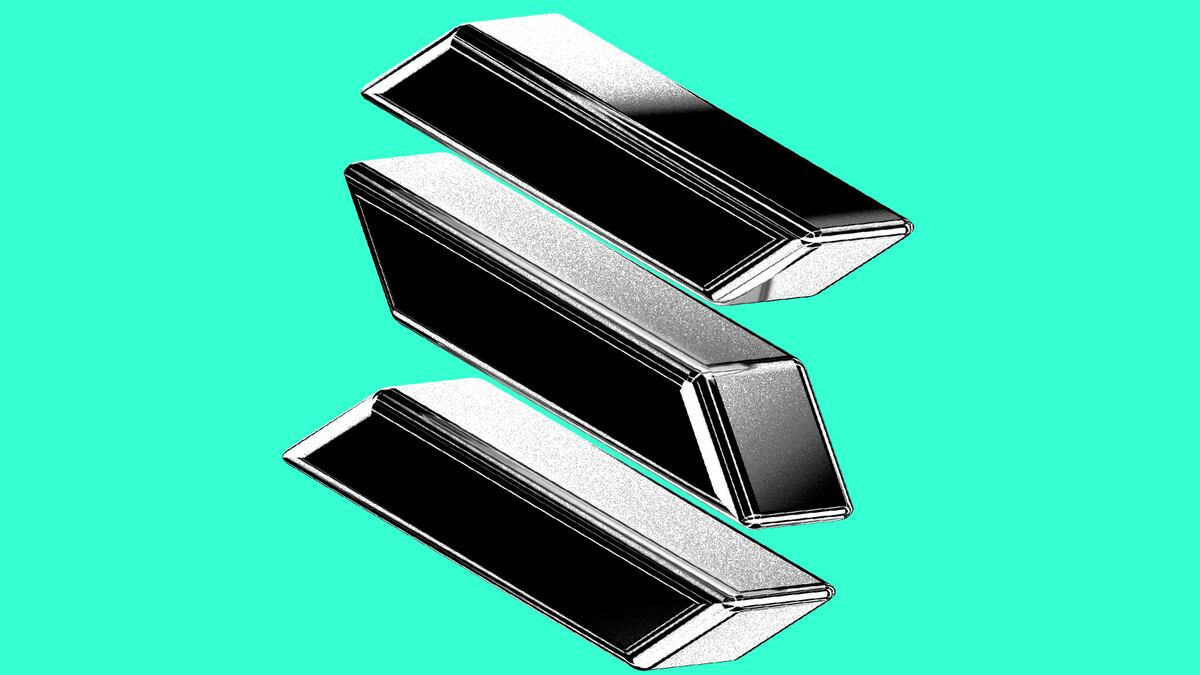- Solana users are spending thousands of dollars to mine Ore tokens.
- Ore isn't actually a proof-of-work cryptocurrency — but its design makes it seem like a gamified airdrop.
- At its peak, over 16% of all transactions submitted to the Solana blockchain were Ore mining transactions.
Solana users are submitting thousands of transactions to mine Ore — a new cryptocurrency mimicking the mechanics of proof of work blockchains like Bitcoin as a way to distribute tokens.
Ore launched its version two on Tuesday. 17 hours since its launch, users have submitted over 4 million transactions attempting to mine it.
In the rush to acquire Ore, these miners are spending thousands of dollars worth of SOL tokens to get their mining transactions processed.
At its peak, over 16% of all transactions submitted to the Solana blockchain were Ore mining transactions.
Proof of work is a way to process blockchain transactions that requires miners to spend energy to solve puzzles. Those who are successful gain the right to validate a set of transactions, and are rewarded some tokens for their effort.
Although Ore says it uses proof of work to issue its Ore token, it doesn’t actually validate transactions like proof of work blockchains. After all, it is not a blockchain — it is a Solana token. Its PoW-style puzzle works like a gamified airdrop.
“Ore gives each miner their own personalised computational challenge,” the project explains on its website. “As long as you provide a valid solution to your own individual puzzle, Ore guarantees you will earn a piece of the supply.”
Tokens sell for around $450 a piece on decentralised exchanges, netting some miners thousands of dollars.
Its creators say it will find use as “internet-native money.” But with dollar-backed stablecoins like USDC already a popular choice, Ore may find it difficult to compete.
The rush to “mine” valuable Ore tokens has also caused issues for some users. Around 8% of all mining transactions have failed.
It’s not the first time Ore has sparked a mining frenzy on Solana.
When the project launched its first version in April, the resulting transaction spam temporarily clogged Solana, preventing other users from getting their transactions processed.
This time around that problem appears to have been solved.
Launched in April 2024, Ore has a maximum supply of 21 million tokens — mimicking Bitcoin.
It’s headed by a pseudonymous developer called Hardhat Chad, who takes on the persona of a mining foreman.
“As long as you provide a valid solution to your own individual puzzle, Ore guarantees you will earn a piece of the supply,” its website says. “Since no miner can be censored from the network and all valid solutions are non-exclusive, starvation is avoided.”
“It has never been tried before in the history of cryptocurrency and is only possible due to the recent breakthroughs of high performance blockchains like Solana.”
Ore has no VC backing and won the Solana Renaissance Hackathon, worth $50,000, in May.
